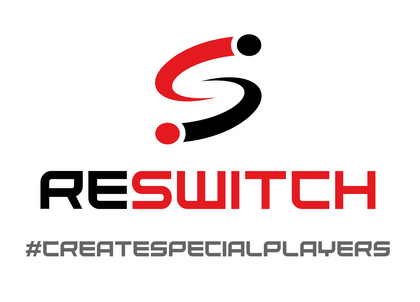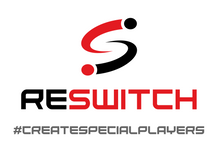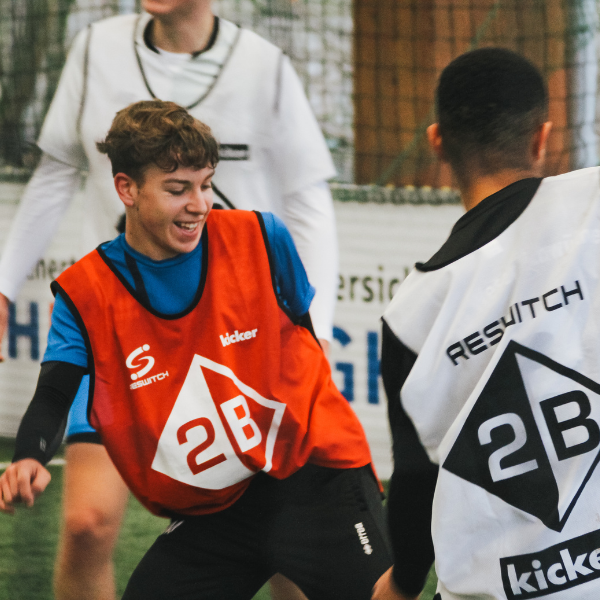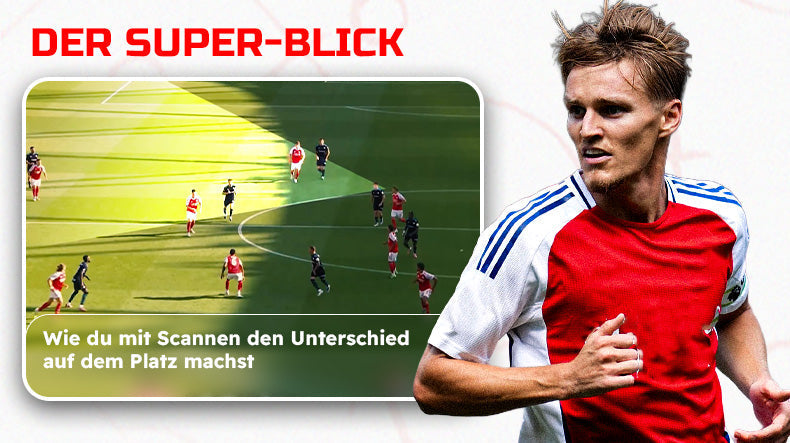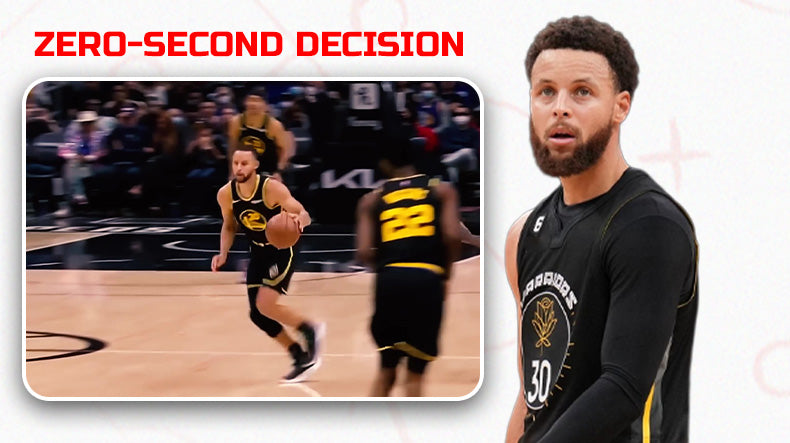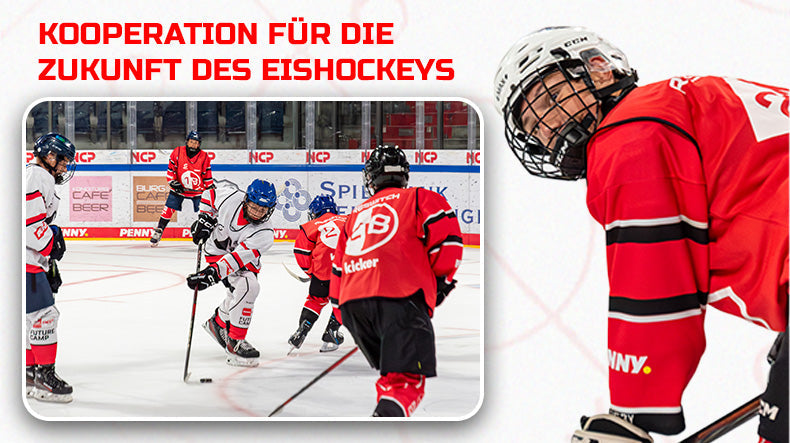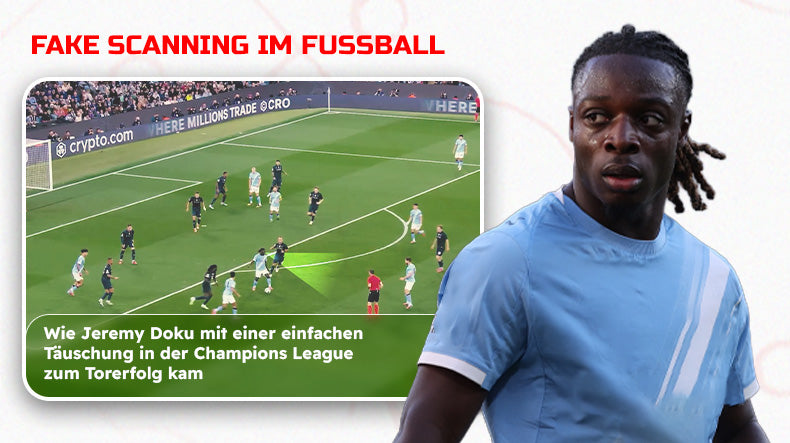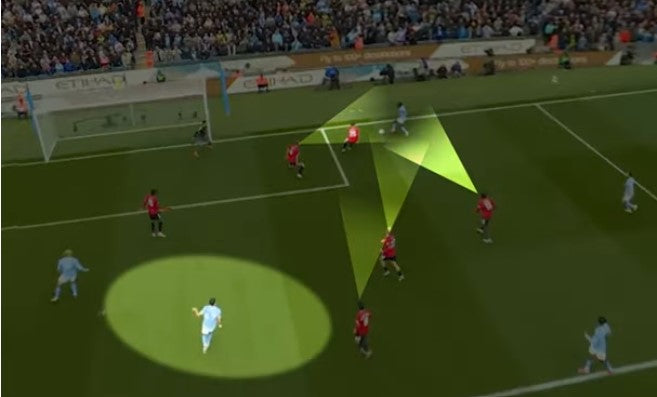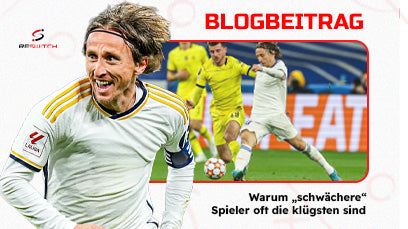The relevance of cognitive skills in football
The professionalization of athletics among athletes is now almost complete. Now the focus is being diverted to the still diverse potential of the brain. Joachim Löw, for example, says that there is still "infinite scope" for the development of thought and perception processes and that these must be intensively trained in the future in order to bring the mind as well as the body to the top level. He also demands that football players, like chess players, should plan up to twenty moves in advance. So the aim is for players to be able to make decisions faster and better in game situations.
Michael Löbbert, sports physician and neurologist, sums it up: “The bottom line is: you not only need sport to promote cognition, but also cognitive training to optimize athletic performance.” ( Source: RP-Online )
The term "cognition" is used in sports psychology as a collective term for the reception, processing, storage and forwarding of information within sporting activities. The term therefore refers to the first two points in the graphic: situation perception and analysis (perception) & mental solution (decision-making).

Sports science research has shown that cognitive abilities are the key factor in athletes' top performance (source: Williams, MA, Davids, K., & Williams, J. (Eds.). (1999). Visual perception and action in sport. London: Routledge). Cognitive abilities are the biggest difference between professional and amateur athletes. Professional athletes recognize situations and game patterns much faster than amateur athletes, which is crucial for anticipation in football. They recognize movement patterns of teammates, opponents and the ball and estimate their sequences better than average and make decisions accordingly. In addition, they also use different search strategies. This means that players can change their perception depending on the situation. In order to recognize tactical patterns in 11vs11, they process different information than in micro-situations of 1vs1 or 3vs3. They have the ability to take in the right information, to focus on it and to ignore superfluous information, such as calls from outside or unevenness in the area (inhibition). ( Source: Williams, AM, 2000 ).
In a correctly perceived situation, a player may come across different possible solutions, as in the game situation shown below. He now also needs decision-making skills to carry out one of the three actions. Dribbling, passing into the depth or passing outwards:

In order to make a decision, the player recalls experiences that are stored in the brain's working memory. But what are experiences? In general, experiences are the knowledge or skills acquired through perception and learning. In a game situation, the number of times the player has already successfully carried out a possible action and how this is emotionally linked to him also influences it. This is also stored in his working memory.
If a player makes a decision consciously, this leads to time delays because he had to weigh up decisions.
If, on the other hand, a player makes decisions intuitively, i.e. unconsciously, then the stimulus processing is much faster and the player acts immediately. This is often the case when the player has already experienced these situations many times and no longer has to consciously recall his experiences, but makes decisions instinctively. However, if this player comes into even more complex situations in which he has less experience, his processing processes are also delayed and he decides later. (Source: Miyake, Friedmann, Emerson, Witzki, Howerter & Wagner, 2000; Diamond, 2013)
Players must therefore be faced with new situations in which they must quickly recognize complex relationships and act accordingly. The ability to mentally switch between different tasks is called cognitive flexibility and enables the player to quickly adapt to new requirements. The player with these skills can therefore switch between tasks mentally and quickly in changing situations.
Cognitive abilities are therefore composed of three factors
| cognitive flexibility | – adapt to new game situations – Take the perspective of other players - Make decisions |
| Inhibition | – Control impulses – Dealing with errors – Draw attention to relevant information |
| Working memory | – memorize rules – remember commands – think and act strategically |
Source: Walk et. al, Science, Practice, Funding Examples 2013
Dr. Peter Görlich from TSG Hoffenheim says that the difference between an 18-year-old junior player and a professional is hardly physical anymore, but that young players make wrong decisions in game situations up to 40% more often than professionals. That is why it is so important to improve perceptual functions. (Source: Görlich, TSG Hoffenheim, own study, https://www.digitale-exzellenz.de/smart-data-revolution-im-fusball/ )
The majority of thought processes in football are unconscious and automated, as many situations have already been practiced for years. According to Prof. Dr. Jan Mayer, it is important that conscious thinking, which is much more strenuous and takes longer, is implemented more quickly in the future. (Source: Mayer, https://www.bdfl.de/images/ITK/2018/Mayer_2018.pdf )
Training executive functions is therefore given particular importance. However, in their article for the DFB Academy, Prof. Jocelyn Faubert and Lee Sidebottom from the Université de Montréal state that there are currently few training tools that coaches can use. (Source: Prof. Faubert, Sidebottom, 2019) . We have now been able to change this with RESWITCH!
“The game is getting faster and the spaces are getting smaller. Who acts the fastest under this time pressure? Who has solutions ready? That is the future. Cognitive areas, that is what we need to train in the U-teams.”
Joachim Loew
Author: Jonas Kumpan
